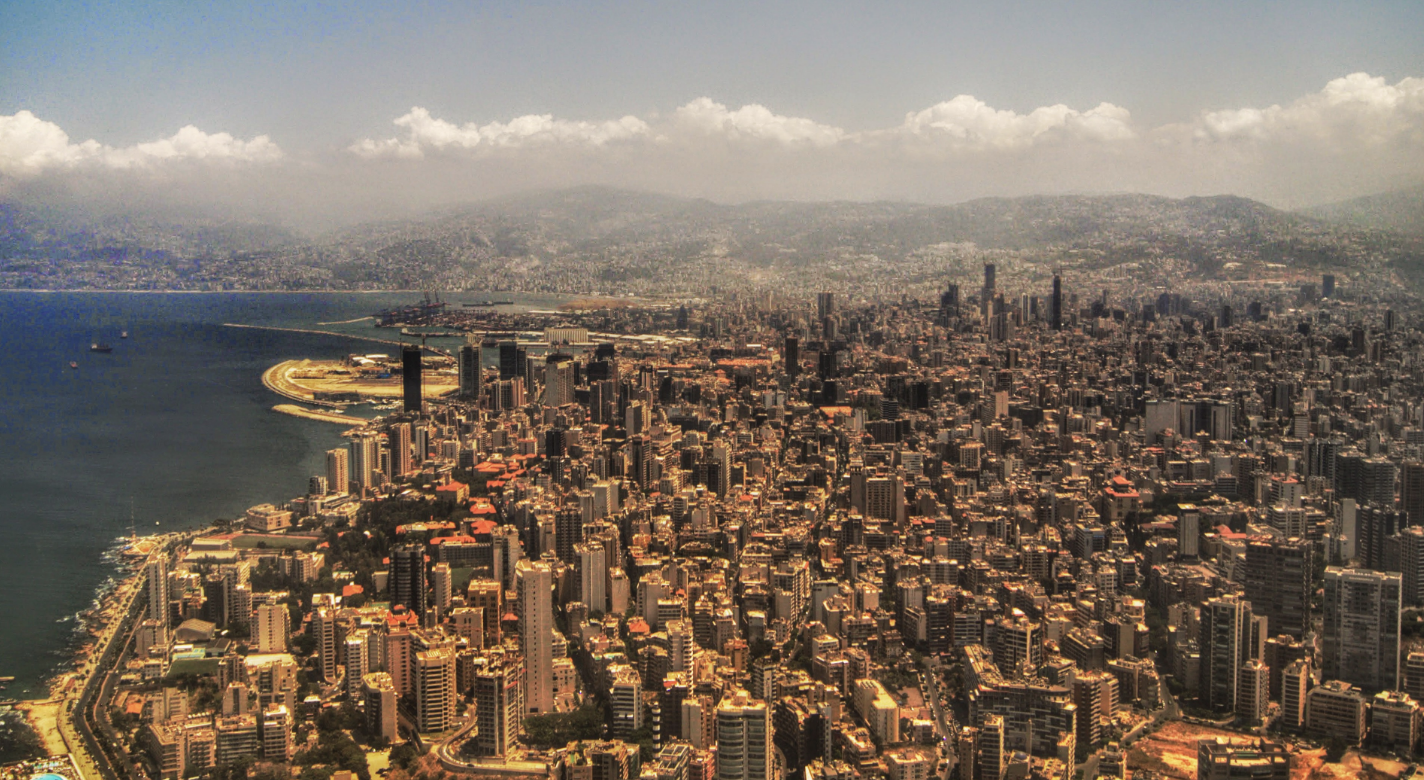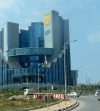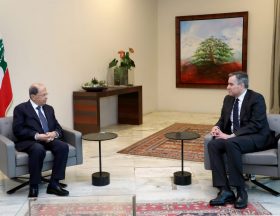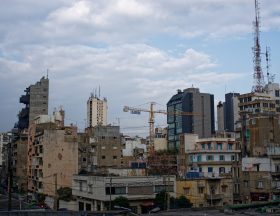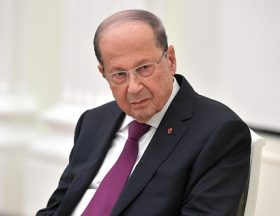Lebanon is one of the countries where the coronavirus is spreading the most with a positivity rate of 14.4%. Find out about the latest measures taken by the Government.
After the holidays, cases of coronavirus flare up in Lebanon. The Ministry of Health has reported that 3,620 people have been diagnosed positive for the COVID19 coronavirus in the last 24 hours and hospitals are saturated. Faced with this situation, the authorities have announced a lockdown from Thursday 7 January to 1 February.
This 4th lockdown was decided after new records in the number of daily cases recorded after the end of the year festivities where a great slackening was noted.
The main measures :
Curfew between 6 pm and 5 am, from Thursday 7 January at 5 am until Monday 1 February at 5 am.
Alternating traffic is once again introduced. Vehicles with licence plates ending in an odd number will be allowed to circulate on Mondays, Wednesdays and Fridays, and those with licence plates ending in an even number (including zero) on Tuesdays, Thursdays and Saturdays. All vehicles will be forbidden to circulate on Sundays.
The following will be closed: public administrations, municipalities and their federations, autonomous offices, private and public universities and schools, nurseries, public gardens, seafront verges, sports clubs, and public and private sports grounds, both indoors and outdoors. Commercial institutions and private companies, as well as popular markets, cinemas, museums, theatres, and video poker, electronic and online gambling halls. Public and private parties, parties and social events are prohibited, as are gatherings of any kind. All religious events must be cancelled, and the Ministry of the Interior and religious authorities will be responsible for enforcing this decision.
The Bank of Lebanon will remain open, as well as commercial banks throughout the country, provided that they operate at 20% of their capacity and open only 20% of their branches. ATMs will be supplied without interruption, and money transfer companies, as well as bureaux de change, will also be able to operate, but again, at a maximum of 20% of their capacity.
Reduction in the number of passengers at Beirut International Airport from Monday 11 January, so that the flow of passengers will be reduced to 20% of the number of passengers registered in January 2020. Passengers arriving at the airport from Thursday 7 January onwards will have to undergo an immediate PCR test on site. However, for passengers arriving from 11 January onwards, the measures will be reinforced: they will have to undergo a first PCR test on arrival at the airport and then a new test seven days after the date of arrival. Passengers must also stay in a hotel, at their own expense, for a period not exceeding 72 hours, while waiting for the results of the PCR test carried out at the airport. In the event of a negative result, they will still have to spend the remaining days between the second test and the first test in home isolation. If the result is positive for Covid-19, “the directives of the Ministry of Health are applied”, states the circular without further details.
The land border traffic with Syria is also reduced at the rate of 150 persons at the Masnaa (Bekaa) crossing and 100 persons at the Abboudiye (North) border crossing, and this at the rate of twice a week.


